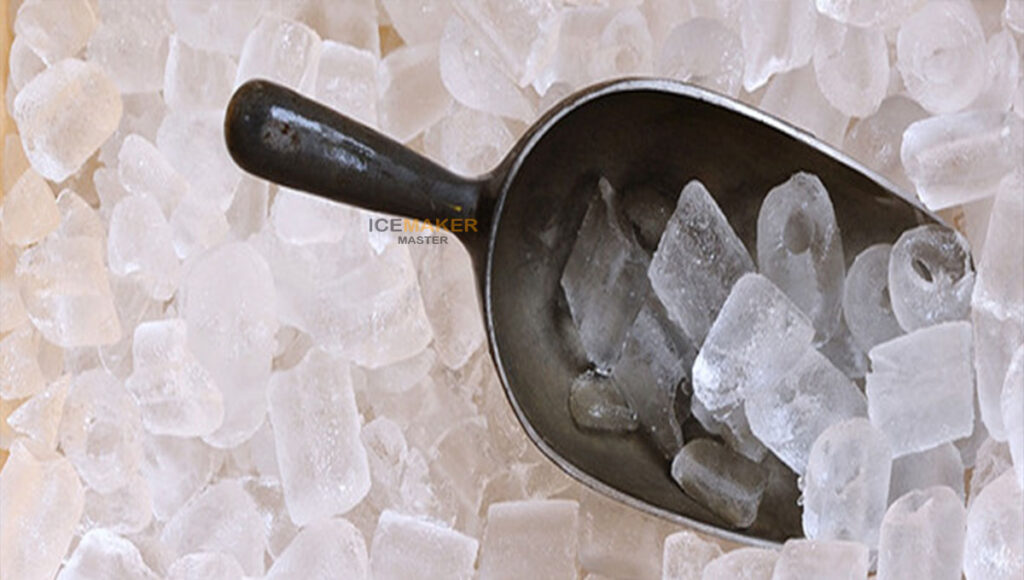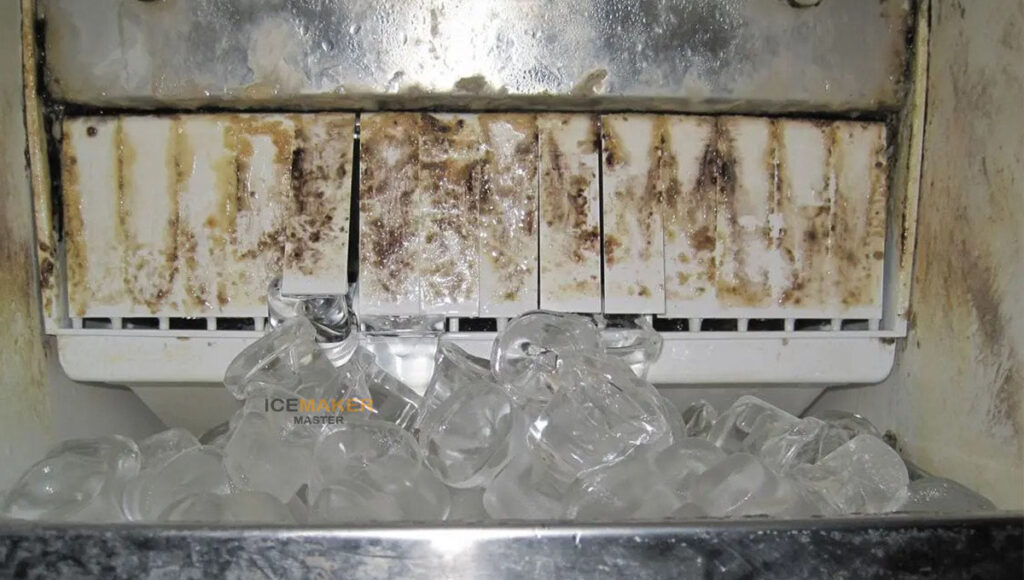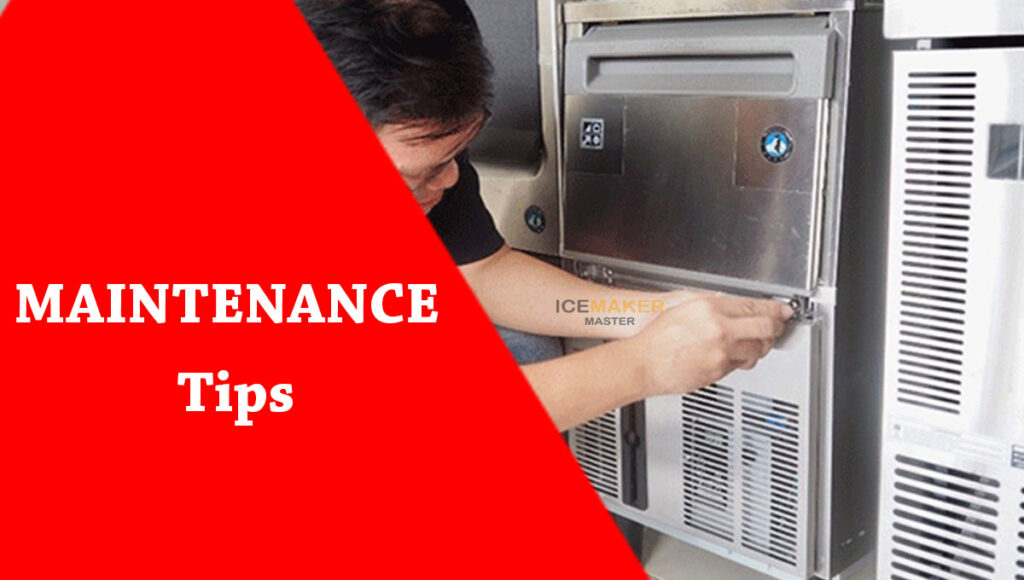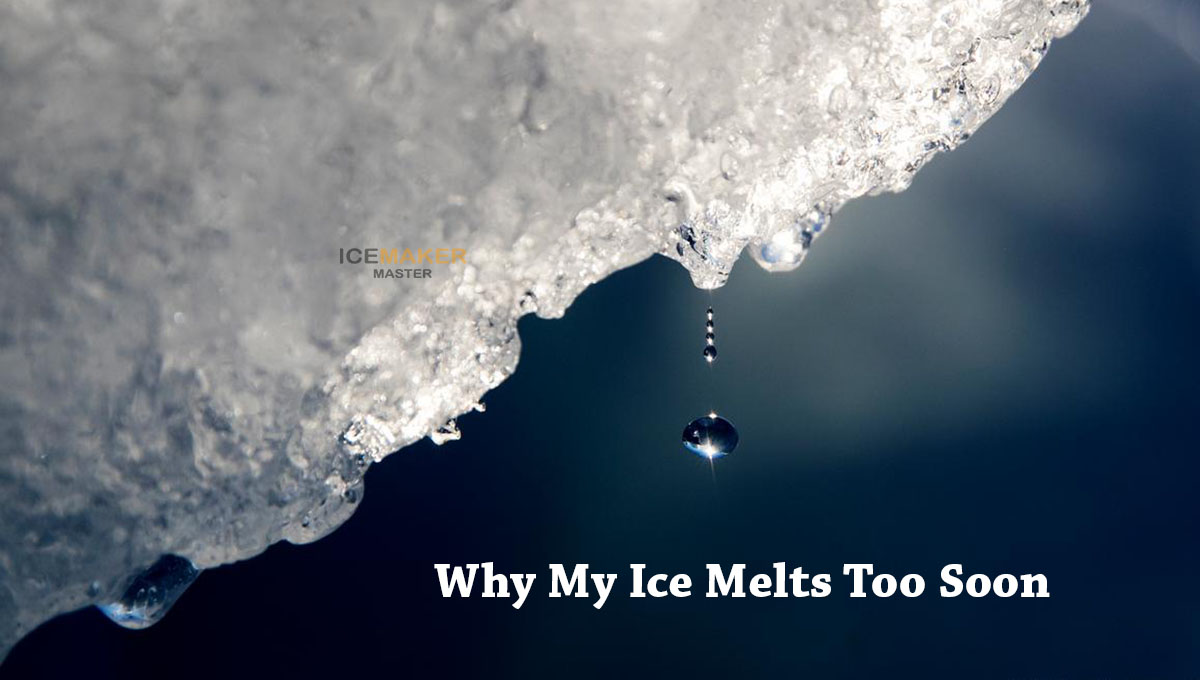Ice makers play a crucial role in our daily lives by offering the convenience of on-demand ice for refreshing beverages or preserving perishable items. A properly functioning ice maker ensures a seamless supply of ice cubes, enhancing our overall experience with these appliances.
However, the frustration and inconvenience arise when ice melts prematurely, disrupting our plans and diminishing the effectiveness of the ice maker. This may lead you to think why my ice melts too soon.
In this blog, we will discuss the significance of troubleshooting such issues, empowering you to identify and rectify common problems. By understanding the importance of a well-functioning ice maker, you can take proactive steps to maintain optimal performance and enjoy the consistent availability of high-quality ice.
Understanding the Ice Making Process
Before we understand why your ice melts too soon you must understand the process of ice making in the ice maker. Ice makers operate by receiving water through a supply line, freezing it in a mold, and releasing the formed ice into a storage bin.

Understanding this process is crucial for troubleshooting issues. Key components, including the water inlet valve, ice mold thermostat, freezer temperature, and ice dispenser door seal, play vital roles in ensuring efficient ice production. Various factors, such as water supply, temperature settings, and component health, influence ice quality and longevity.
Recognizing and addressing these factors are essential for troubleshooting problems, like premature ice melting. This knowledge empowers you to maintain and optimize your ice maker, ensuring consistent and long-lasting ice.
Temperature of the Ice Maker
The temperature settings of your ice maker and refrigerator play an important role in the longevity of your ice cubes. If your freezer temperature is set too high, typically above 0°F or -18°C, it can result in the production of softer ice cubes that melt too quickly.
To fix this issue, ensure that your freezer is set to the recommended temperature. Ideally, maintaining a colder environment will yield firmer and longer-lasting ice. Adjust the freezer temperature accordingly and observe the ice quality in subsequent batches.
By adhering to the optimal temperature settings, you can enhance the performance of your ice maker and enjoy ice that withstands melting, providing a more satisfying and refreshing experience.
Dirty Ice Maker
The premature melting of ice cubes in your ice maker may be attributed to the accumulation of mineral deposits, mold, and contaminants over time. These impurities compromise the quality and structural integrity of the ice, leading to faster melting.
To fix this issue, it is essential to undertake regular cleaning of your ice maker following the manufacturer’s guidelines. This cleaning process may include using a solution of water and vinegar to eliminate built-up residue.
By maintaining a clean ice maker, you can ensure optimal performance, preventing the buildup of impurities that contribute to the quick melting of ice. Learn more on how to clean a portable ice maker.

Poor Quality of Water
The quality of water used in your ice maker directly influences the melting rate of ice cubes. If your water source contains impurities or minerals, the resulting ice cubes may be softer and prone to quicker melting.
To mitigate this issue, it is advisable to install a water filter specifically designed for your ice maker. A water filter effectively removes impurities and enhances water quality, contributing to the production of firmer and longer-lasting ice cubes. This simple solution provides a cost-effective way to enhance the overall performance of your ice maker.
Inadequate Insulation
Proper insulation is essential for the efficient functioning of your freezer, as it helps maintain a stable internal temperature. If the insulation is compromised, warm air can infiltrate the freezer, leading to a faster melting rate for the ice.
To solve this issue, inspect your freezer for any signs of damage to the door seals or insulation. Damaged seals can allow warm air to enter, causing fluctuations in temperature and affecting the longevity of your ice. Replace any compromised seals promptly and ensure that the freezer door is properly closed to prevent the ingress of warm air.
Regular checks and prompt repairs contribute to the overall efficiency of your freezer, ensuring that it performs optimally and extends the lifespan of your ice by preventing unnecessary melting.
Overloaded Freezer
An overcrowded or overloaded freezer can significantly impact the performance of your ice maker by hindering proper air circulation and causing temperature fluctuations. When a freezer is packed to the brim with food items, cold air struggles to circulate efficiently, leading to uneven freezing and the production of softer ice cubes that melt more quickly.
To address this issue, it is crucial to organize your freezer effectively. Create space around the ice maker to allow for better air circulation, ensuring that cold air can flow freely throughout the compartment. Avoid overcrowding by arranging items strategically and maintaining an organized freezer layout.
By optimizing air circulation, you create a more uniform and stable temperature environment within the freezer, promoting the production of firmer ice cubes with a longer lifespan.
Maintenance Tips for Optimal Ice Production
To maintain optimal ice production and ensure a smoothly functioning ice maker, several key maintenance practices are essential. Firstly, regular cleaning of ice maker components is crucial to prevent the accumulation of debris or mineral deposits, which can adversely affect ice quality and the overall efficiency of the ice-making process.
Secondly, organizing the freezer to facilitate proper airflow is essential for preventing temperature fluctuations. A well-arranged freezer ensures that cold air circulates evenly, promoting consistent ice production.
Lastly, periodic inspection and timely replacement of water filters are vital for guaranteeing clean and clear ice. Regularly changing water filters prevent contaminants from compromising ice quality and taste. By following to these maintenance tips, you can proactively enhance the longevity and efficiency of their ice makers, ensuring a continuous supply of high-quality ice for various purposes.
Read Here - Why is my ice maker not working: simple troubleshooting tips.

FAQ
Why does my ice melt so quickly in the ice maker?
There are several factors for your ice melt quickly in the ice maker, such as improper temperature settings, dirty components, poor water quality, inadequate insulation, or an overcrowded freezer. Investigating these aspects can help identify the root cause.
How do temperature settings affect ice melting?
If your freezer temperature is too high, the ice produced tends to be softer and melts faster. Adjusting the temperature to the recommended levels ,ideally 0°F or -18°C can significantly improve ice quality.
Can a dirty ice maker impact ice quality?
Yes, over time, mineral deposits, mold, and contaminants can accumulate, affecting ice quality. Regularly cleaning your ice maker, following manufacturer guidelines, helps eliminate built-up residue and maintains optimal performance.
Does water quality play a role in ice melting?
Absolutely, impurities or minerals in the water can result in softer ice cubes that melt quickly. Installing a water filter for your ice maker can remove impurities and enhance water quality, leading to firmer and longer-lasting ice.
How does inadequate insulation affect ice in the freezer?
Compromised insulation allows warm air to infiltrate the freezer, causing ice to melt more rapidly. Checking for damaged door seals and ensuring proper closure can prevent warm air from entering.
Can an overcrowded freezer impact ice melting?
Yes, an overcrowded freezer hinders proper air circulation, causing temperature fluctuations and uneven freezing. Organize your freezer to allow better air circulation, avoiding overcrowding for firmer ice cubes.
What should I do if I notice my ice melting too soon?
Start by checking and adjusting the temperature settings, cleaning the ice maker, ensuring water quality, inspecting insulation, and organizing the freezer. Addressing these factors can improve ice quality and reduce melting.
Conclusion
To make your ice last longer in the ice maker, you need to fix common problems that affect the quality of the ice. By adhering to optimal temperature settings, practicing regular cleaning, using purified water, checking and maintaining insulation, and organizing your freezer to prevent overcrowding, you can significantly extend the life of your ice cubes.
Taking the time to troubleshoot these factors will likely result in an optimally performing ice maker, delivering ice that remains frozen until the last sip. With a proactive approach to maintenance and a keen eye on environmental conditions, you can enhance the overall performance of your ice maker, ensuring a consistent and refreshing experience every time you reach for a cold beverage.

